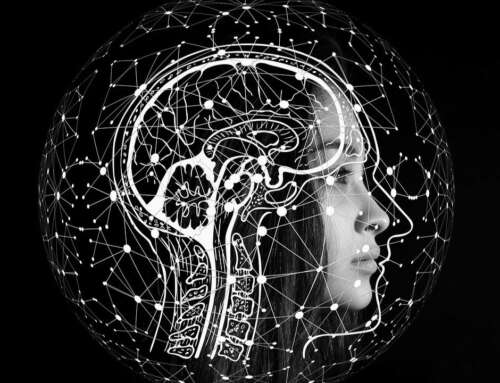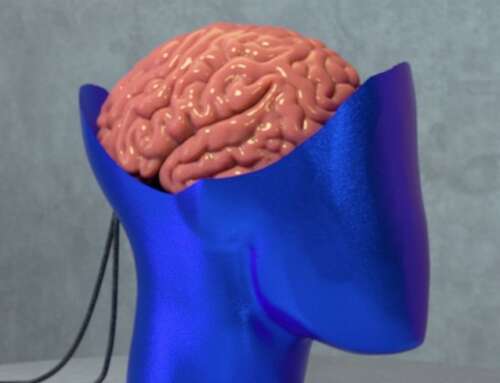
Interdiscplinarity forces us to think in new ways. Photograph: Helen Pynor/GV Art
Due to its incredible complexity, the brain is an immensely challenging subject of study. The average human brain has about 90 billion neurons that make 100 trillion connections or synapses. Scientists believe this staggering number of neurons is responsible for the traits that make us uniquely human: our thoughts, memories and emotions.
Recent technological advances in functional magnetic resonance imaging, optogenetics and whole brain imaging have made the brain accessible in a way that previous generations of neuroscientists could only dream of. But techniques alone will not get us far; they need to be put in the service of good research questions.
This issue, we pick ten unsolved questions in neuroscience that are likely to captivate scientists of this generation. While some of these questions seem more philosophical than scientific, remember that PhDs are after all doctors of philosophy!
– Lee Ying Ying







Leave A Comment